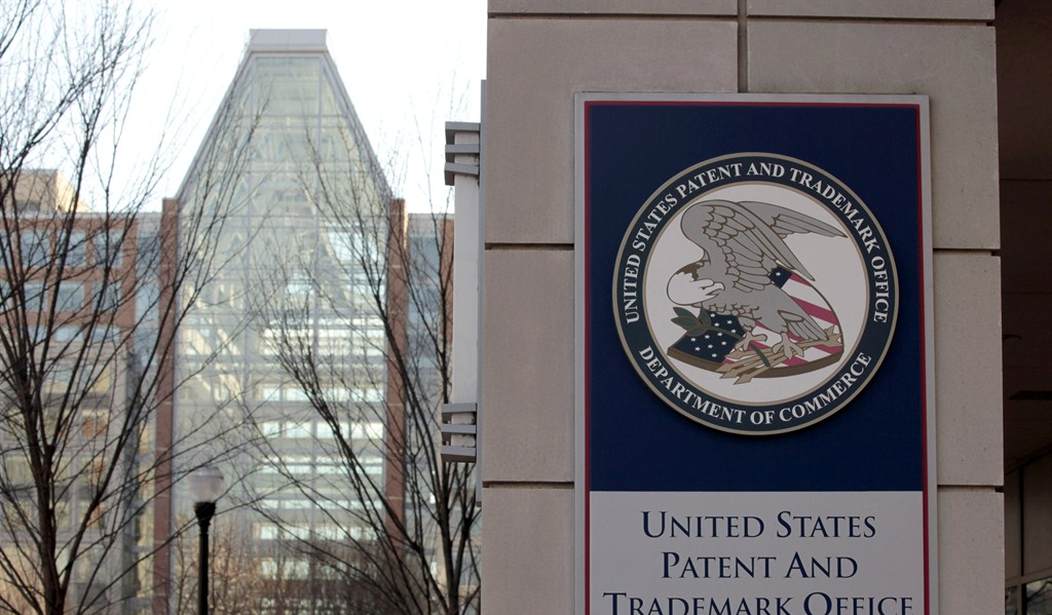In the wake of COVID0-19’s economic destruction, policymakers face the challenging task of kickstarting the economy and re-opening the country for business. Unemployment rates have spiked, reaching a staggering 14.7 million in April. Three out of four U.S. small businesses have applied for government assistance—82 percent of which are manufacturers. A successful relaunch must include efforts to eliminate unnecessary frictions to economic activity, such as outdated regulations. Legal threats to economic growth must also be avoided. Fortunately, that is exactly what happened when the Supreme Court decided Thryv, Inc. v. Click-to-Call Technologies last month.
While the question before the court turned on the technical interpretation of filing deadlines, the court’s reasoning focused more broadly on protecting the patent office’s process for reviewing bad patents. The 7-2 decision, authored by Justice Ruth Bader Ginsberg, emphasized this larger impact, noting that Congress passed a law specifically designed to “weed out bad patent claims efficiently.”
And the majority is absolutely correct: Poor quality patents can have a significant impact on innovation and economic growth. In an ideal world there would be no bad patents; but in the real world, with resource constraints, rushed examinations, and opportunists seeking to game the system, bad patents exist, sometimes with bad actors behind them.
Congress sought to rectify this problem when it passed the America Invents Act (AIA) in 2011. As an alternative to expensive, time-consuming lawsuits, which typically favored the party with deeper pockets, the AIA established an inter partes review (IPR) process for challenging the validity of a patent. The review is conducted by the Patent Trial and Appeals Board created within the U.S. Patent and Trademark Office. This provides businesses an expedited and substantially lower-cost alternative to traditional legal proceedings for resolving patent disputes.
The problem of patent litigation was made worse by the rise of nonpracticing entities (NPEs) that collect and hold portfolios of patents not for innovation but for the sole purpose of filing infringement claims against unsuspecting businesses. Rather than using patents to sell or market products, bad actors simply threaten legitimate businesses with infringement lawsuits in hopes of large payouts or excessive licensing fees. As I’ve written before, these are often companies that game the patent system with “patent thickets” that stifle innovation, especially in manufacturing, out of fear of being sued.
Recommended
This Supreme Court’s Thryv, Inc. decision is a victory for America’s businesses, which too often face the threat of costly patent litigation. Patent wars usually are associated with the tech sector and the pharmaceutical industry, where billion dollar judgments are not unheard of. But NPEs cast a wide net in their quest to extract wealth. And America’s manufacturers are a common target. Most manufacturers are not multinational corporations; rather, they are small businesses producing cooking supplies or sporting goods, diet foods and exercise equipment. They are almost never in a position to fight abusive and outrageously expensive threats of patent litigation and often concede to costly settlements with predatory NPEs.
The vulnerability of manufacturers and other small businesses has not gone unnoticed by NPEs. In fact, one study found that small and medium-sized enterprises (SMEs) are a favorite target of NPEs: “we found that NPEs are suing hundreds of SMEs at a steady rate even though overall NPE litigation has been decreasing.” In fact, the authors suggest one strategy may be for NPEs to start small and work their way up the food chain—filing infringement claims until they reach a company with the resources to fight back, at which point they opt for another target.
The Supreme Court decision sought to tackle this problem once again by reinforcing the importance of the IPR process as an alternative to lengthy and costly litigation. This is the latest of several challenges to IPR that have made it to the high court since the AIA was passed in 2011. But for the most part, the court has consistently upheld IPR proceedings as a useful tool to weed out bad patents.
Some critics derisively refer to the IPR process as a “death squad” for patents; but such claims are overblown. By and large, the patent system has created incentives for innovation. But in those instances where poor quality patents make it into the system there is a need to weed them out efficiently. The IPR process does just that. As of February 2019, roughly 6,000 of the 3 million patents in force had been challenged using IPRs. That’s well under 1 percent of patents going through the IPR process—hardly a bloodbath.
The economic damage of the coronavirus is massive. But we can come out of the pandemic ahead if we think about reasonable reforms to ensure businesses, especially manufacturers, can get back on track. Preventing needless lawsuits over alleged patent infringements will help American industry return to work while boosting productivity through greater innovation. For that, the Thryv, Inc. decision ought to be applauded.
Wayne T. Brough is president of the Innovation Defense Foundation.

























Join the conversation as a VIP Member